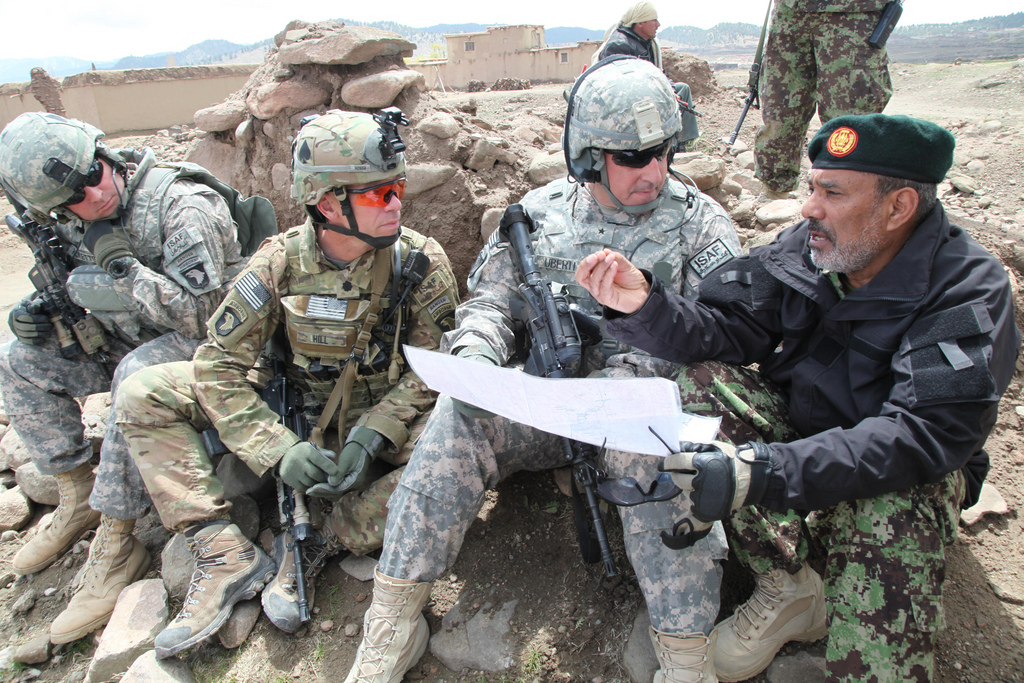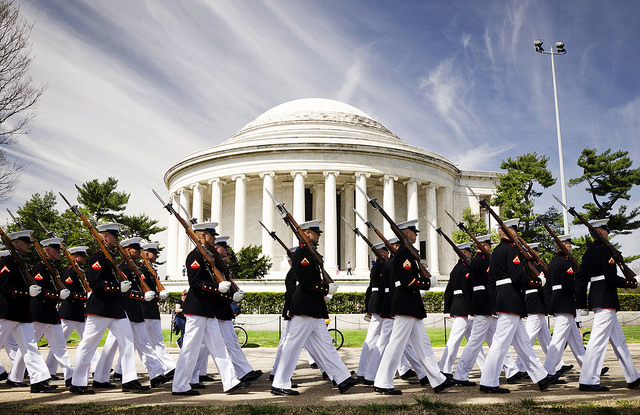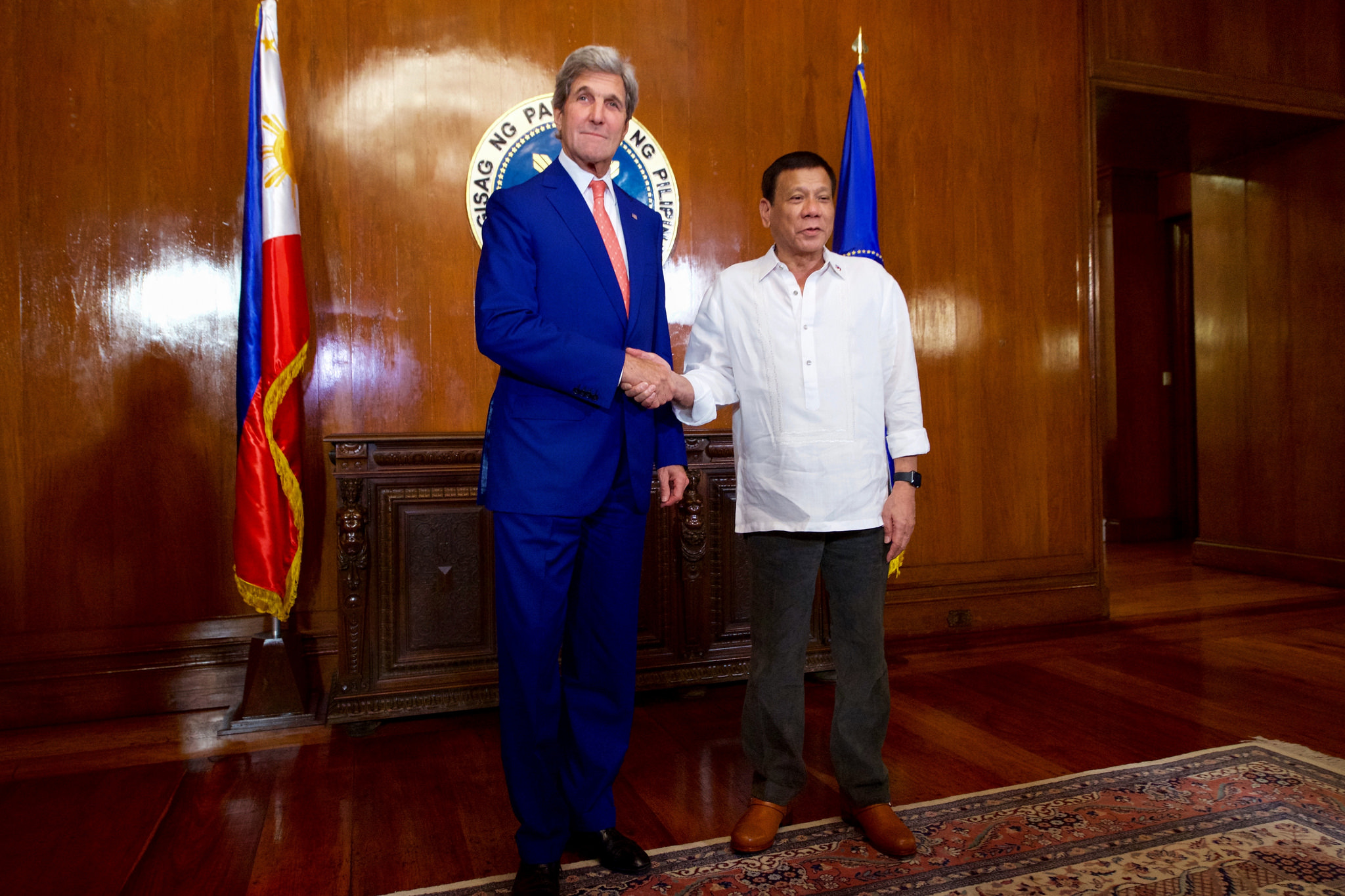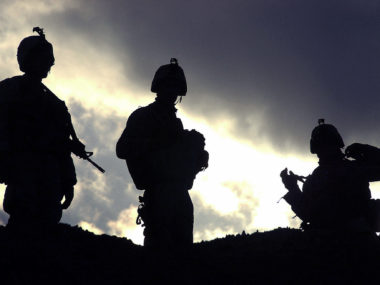By Deborah Avant for Denver Dialogues.
News that Donald Trump plans to bring Keith Schiller’s private security force with him into the White House is the latest in a string of eyebrow-raising stories about the President-elect. As many have guessed, this move brings with it serious risks and concerns. Thankfully, research on private military and security companies (PMSCs) sheds light on some of these potential risks.
First, those working in private security are more likely to misbehave. This could be because individuals working in private security are motivated by profit rather than service, though the research is divided on this (Volker Franke has found little difference from military personnel). Regardless of motivation, however, private security providers often have different backgrounds, vetting, and training than their public counterparts. These differences affect the general standards for behavior private personal are familiar with. Private security pulls from a broader pool of individuals than do public security organizations and companies generally rely on whatever training individuals received elsewhere. For example, Steve Fainaru’s depiction of private security teams in Iraq shows retired US special operations personnel working alongside individuals trained in South Africa or Uganda or Fiji. Training regiments among these forces are quite different.
Second, private and state security forces work under different rules. The rules that guide private forces are the terms of the contract, rather than the broader set of institutional rules and norms that public forces attend to. These different rules create different incentives. Broad institutional rules have within them a focus on public or common concerns while narrow contractual language yields attention to narrower interests. Furthermore, the chain of command in public forces institutionalizes oversight while contractual oversight can be more varied.
Whether due to motivation, background and training, or rules, there is ample evidence of misbehavior among the private security forces “the Donald” employed while he was a candidate. At campaign rallies, they targeted people based on their gender and collared and punched protestors – their heavy-handed approach led to less orderly events. Those on the receiving end of the heavy hands have filed law suits.
Sometimes, though, misbehavior occurs at – or is directed by – the top. Using private security can allow leaders to do things they would not otherwise be able to. Because they are mobilized differently and adhere to contract requirements rather than more general rules, a president may use PMSCs to, say, train a nascent Croatian army or to give more aid to Colombia than Congressional stipulations allowed. Though this flexibility is part of what makes private security an appealing choice, it evades processes such as checks and balances, transparency, and public consent – norms on which democratic legitimacy rests (in other parts of the world, leaders have used private security as a parallel force through which to take extra-legal action such as support resource extraction or play off government forces for “coup-proofing” or otherwise ensuring the power of the leader. I am hoping we don’t have to talk about this yet).
Given Trump’s out-of-the-box proclivities, we should not be surprised that he might be interested in flexible options. Critically, however, this type of behavior is likely to undermine, rather than enhance, the public character of order surrounding presidential events. The use of private security is also likely to cause resentment among Secret Service forces with whom they will need to work.
Related to resentment is the last concern to note: private security can reduce mission effectiveness. This is not always the case. Looking to private alternatives can generate more, and more varied, forces. This can yield effective policy when private forces are well differentiated from public forces and perform tasks that do not require integration. When they operate in close proximity to regular forces and perform similar tasks, however, an adherence to different sets of rules frequently leads to friction that impedes integration and decreases effectiveness (Politico reports this is already happening with the Secret Service). This should give President-elect Trump pause. Operating outside the rules will reduce the Secret Services’ ability to protect his person. Trump has a trifecta of Cabinet-level generals who should be able to advise him on the importance of integration to military effectiveness – I wonder if he has consulted them.
The only way to mediate these problems entirely is to use the Secret Service. If President-elect Trump insists on using private security, there are ways to manage some of these risks. The US has collaborated with others to develop an International Code of Conduct (ICoC) for private security providers that specifies training and norms to bring the knowledge and incentives of private forces closer to public ones (standards based on the ICoC can even be written into contracts). Ironically, though, while these are required for private security providers working for the Pentagon in contingency operations abroad, standards requirements do not currently exist for those who work in the US. Different states sport a hodgepodge of regulations and several have virtually none. If President-elect Trump is dead-set on using private security, he should at a minimum also require that they abide by the standard the US sees as crucial to stabilizing private security abroad. It would give up some flexibility but it would improve the prospect for public order – and it might also save his life.








5 comments
does the use or misuse of a private security firm leave their employer liable for damages personal inujury or even death. If so, who is paying for these people, The Donald or the Taxpayer? If a successful lawsuit is brought against this organization, who pays the judgement?